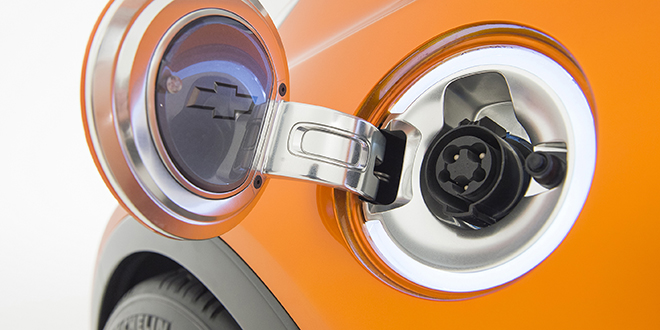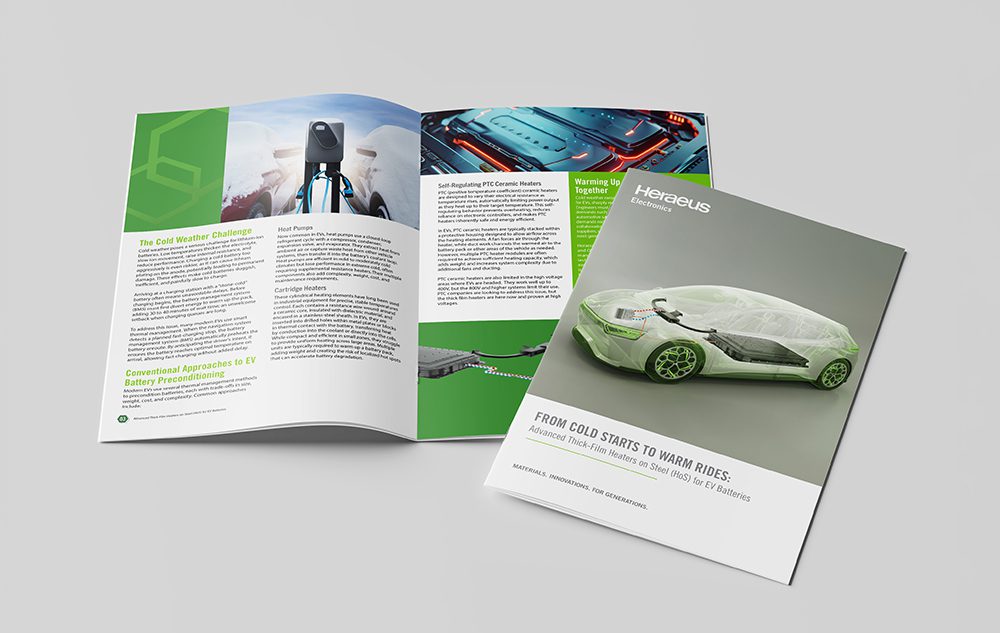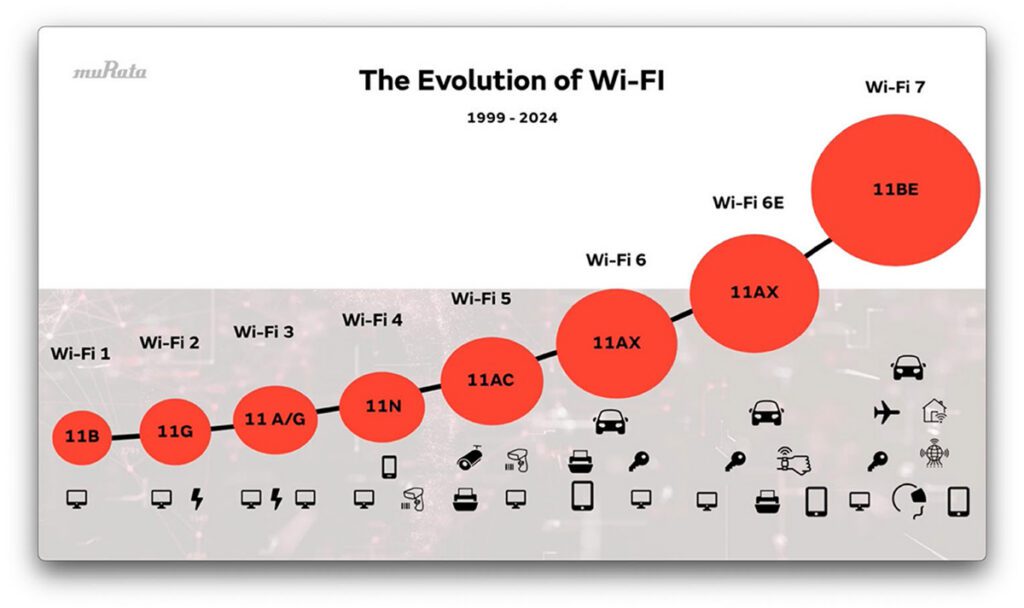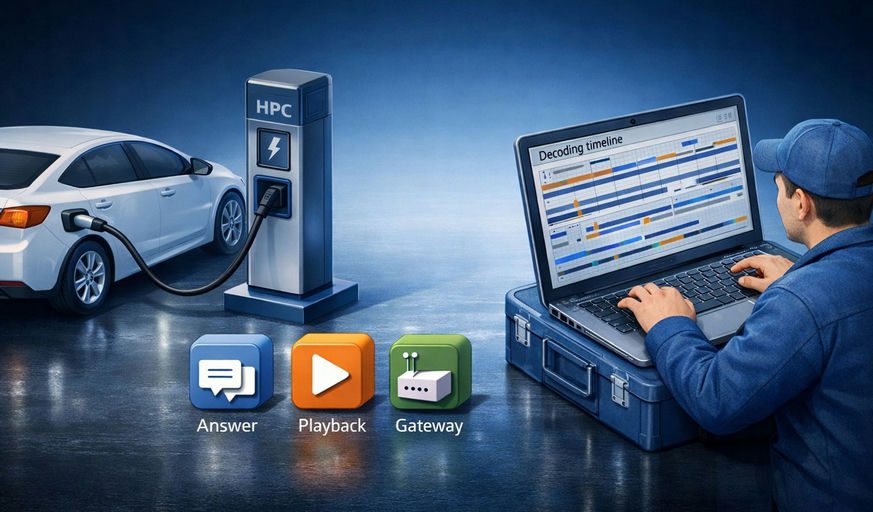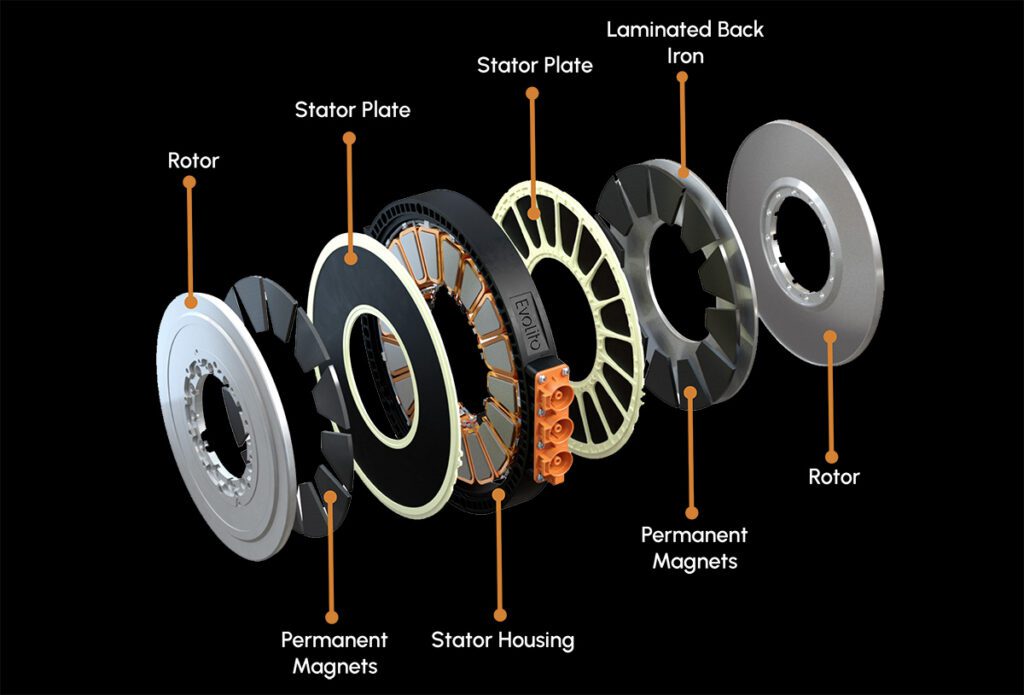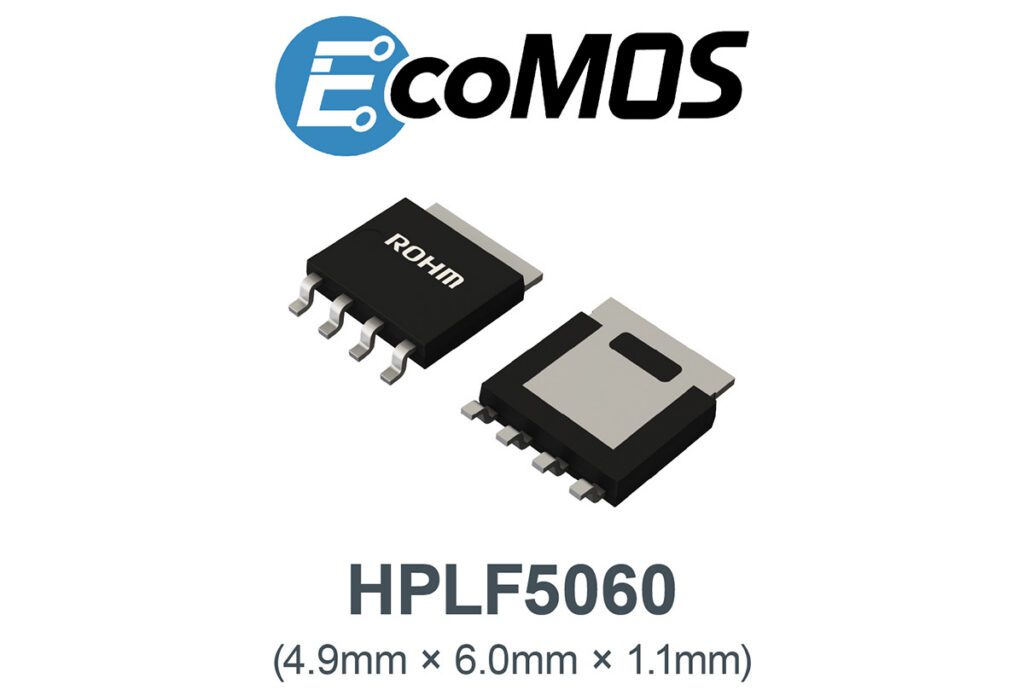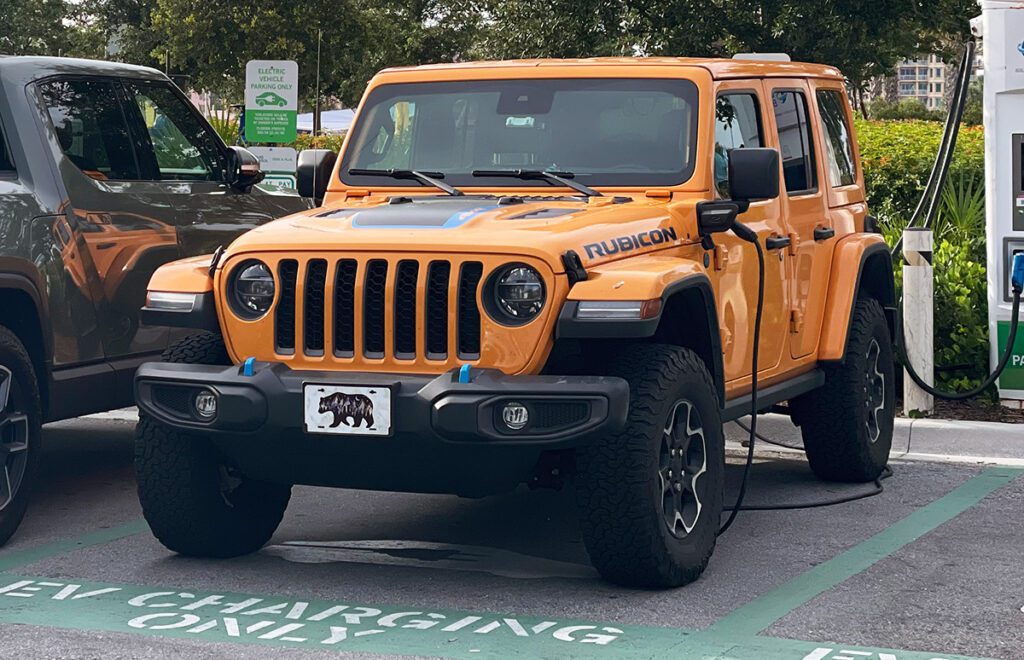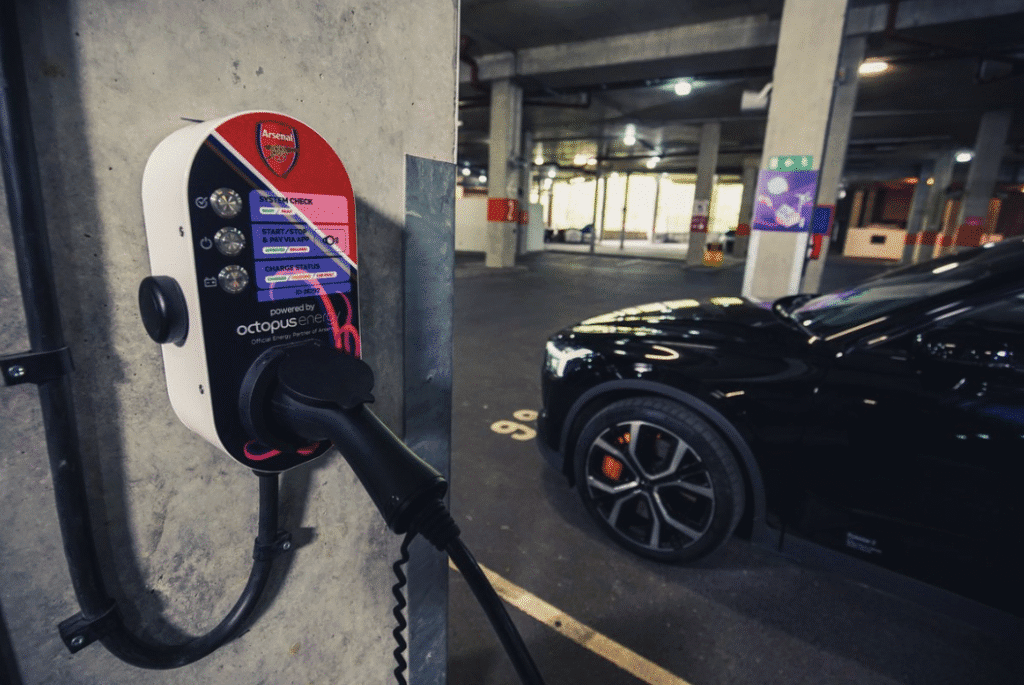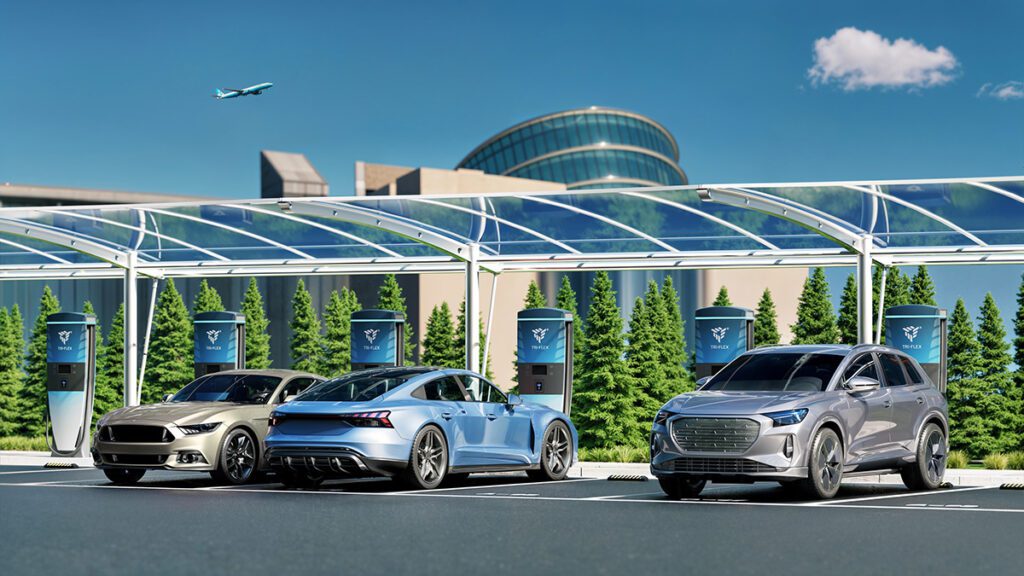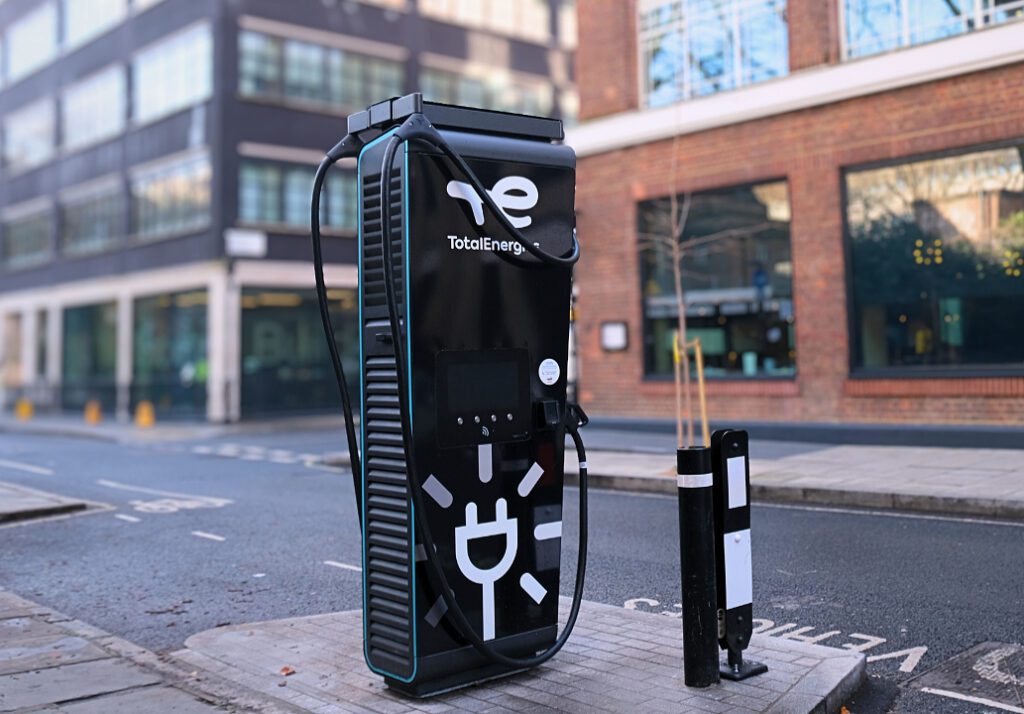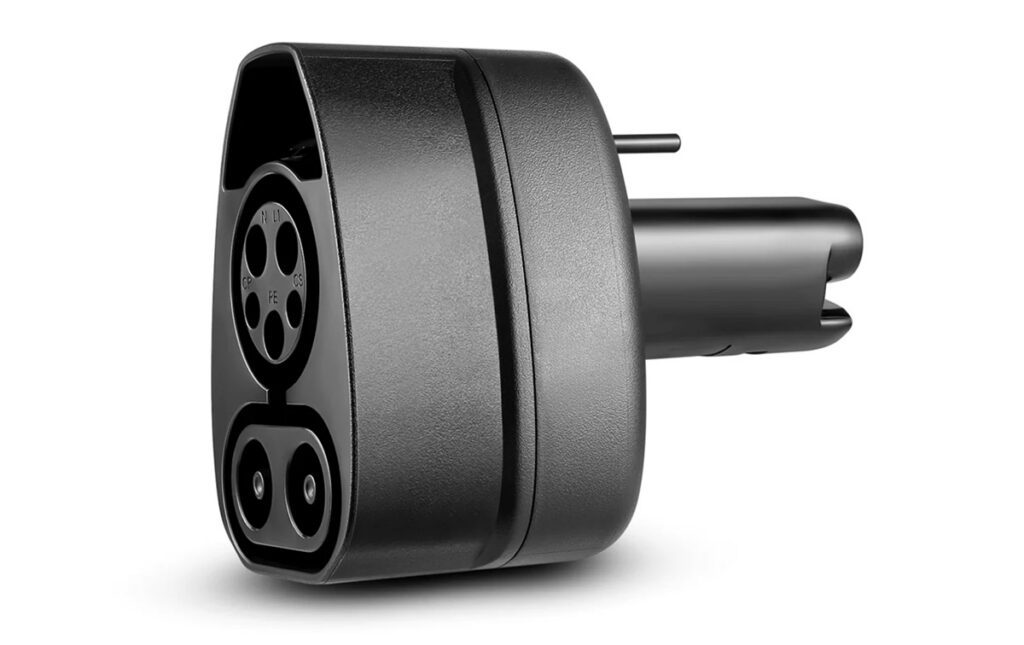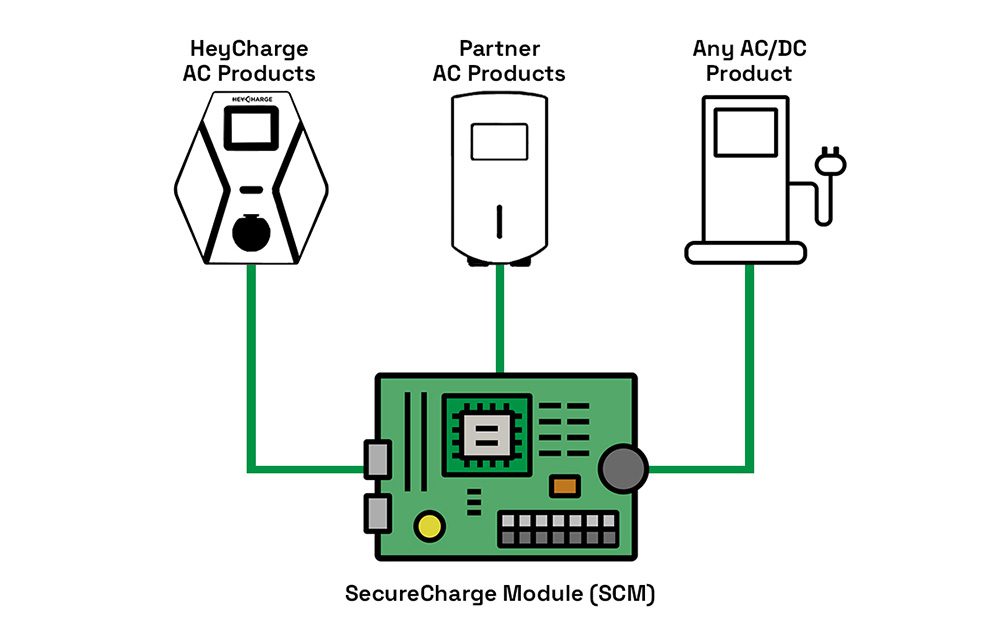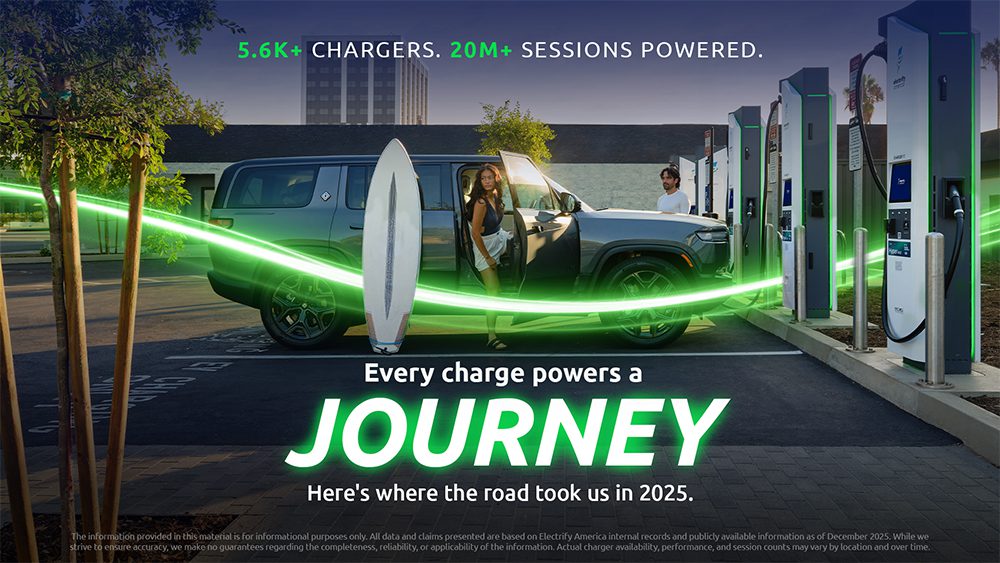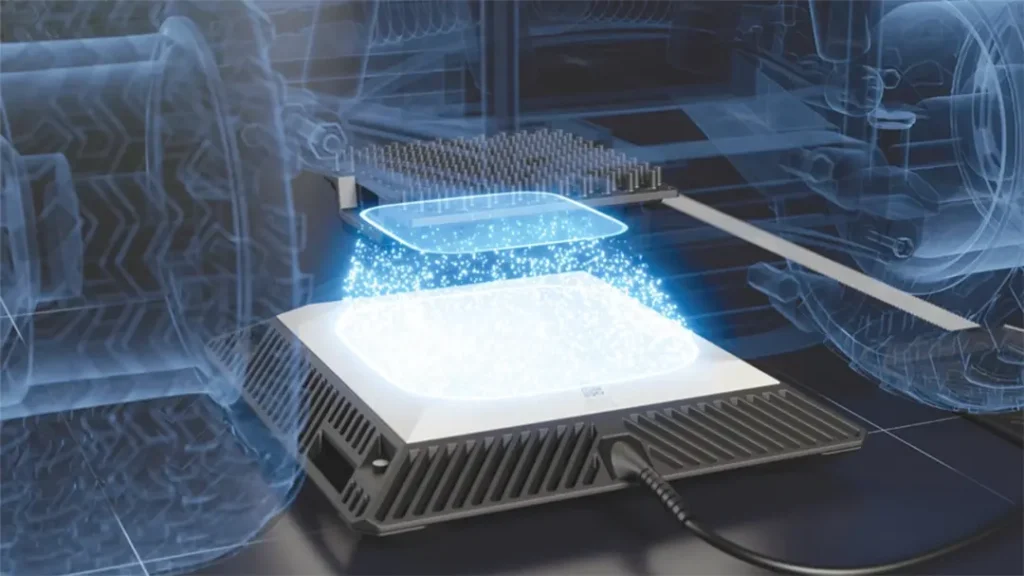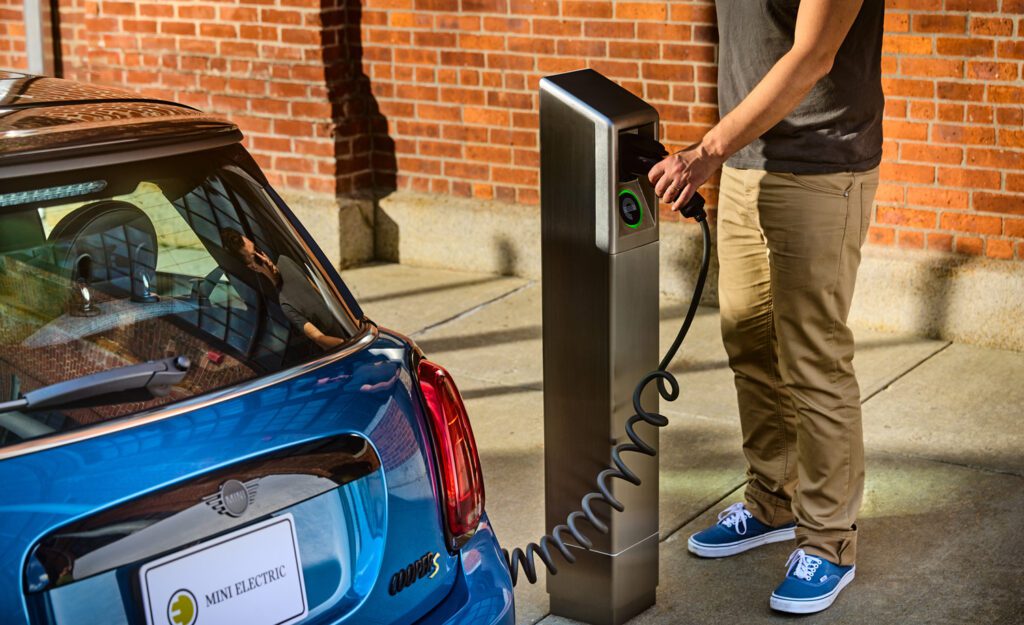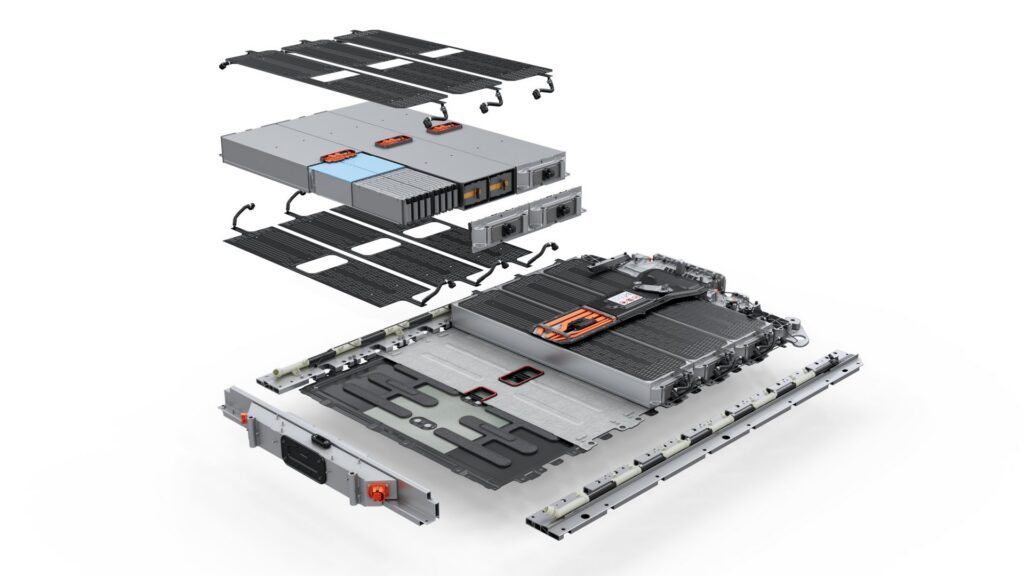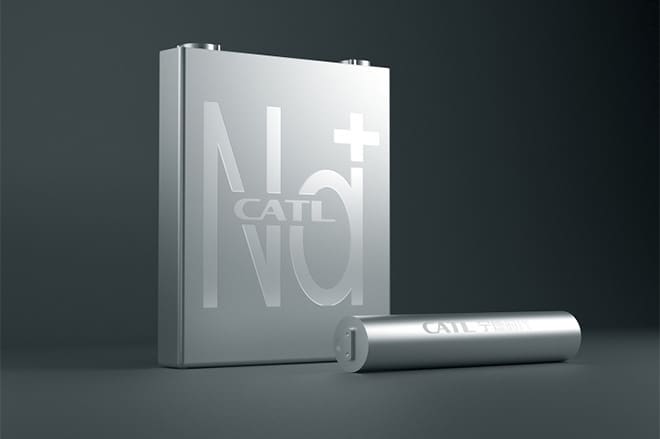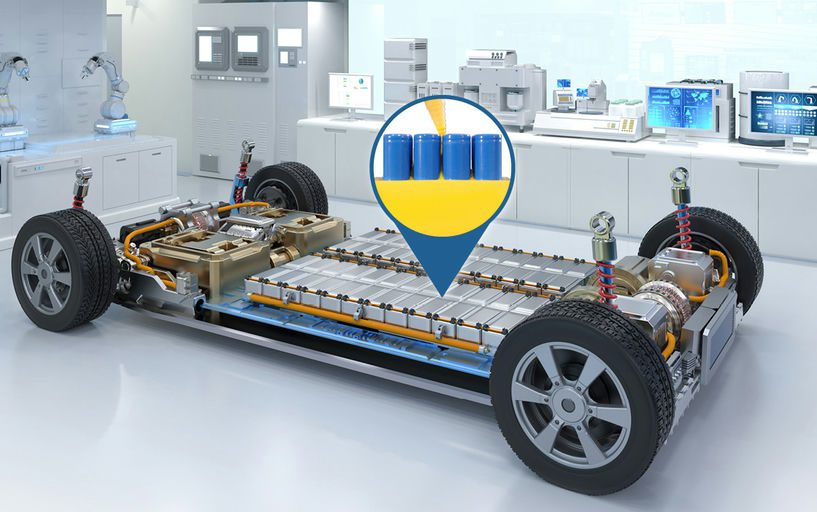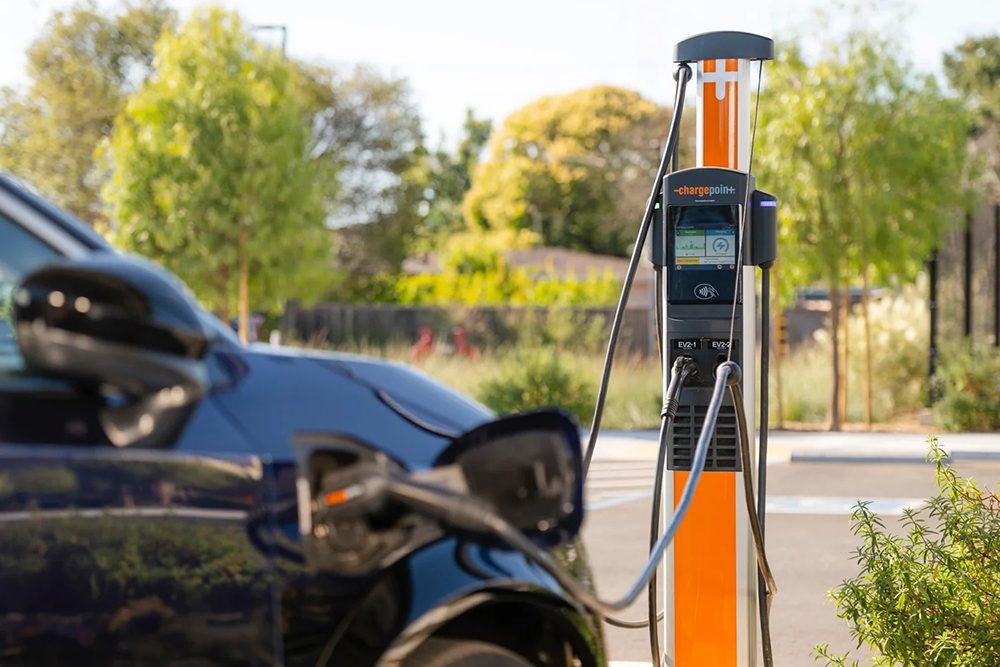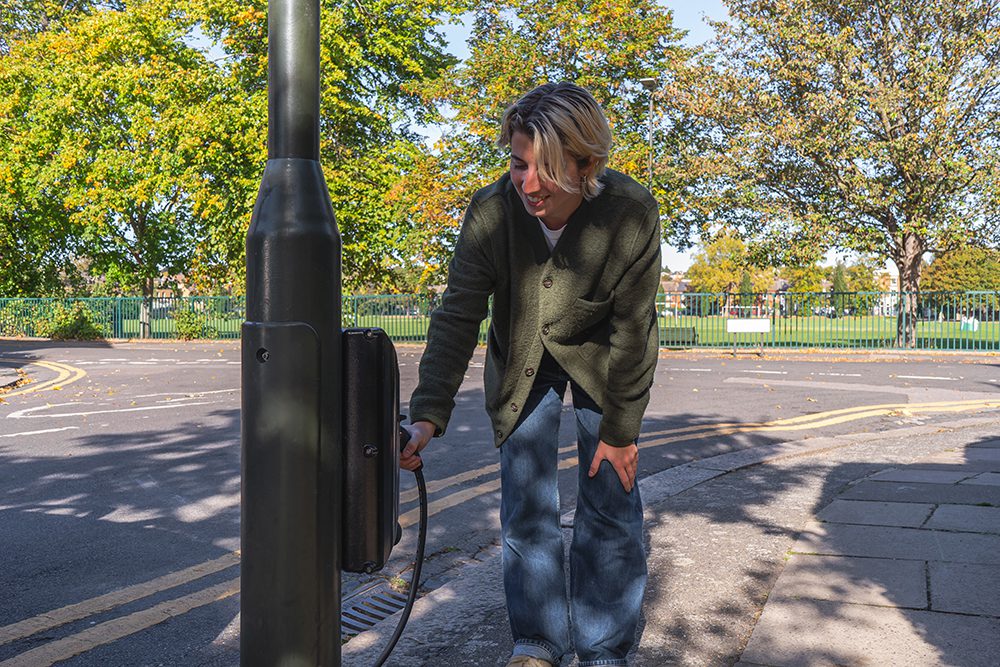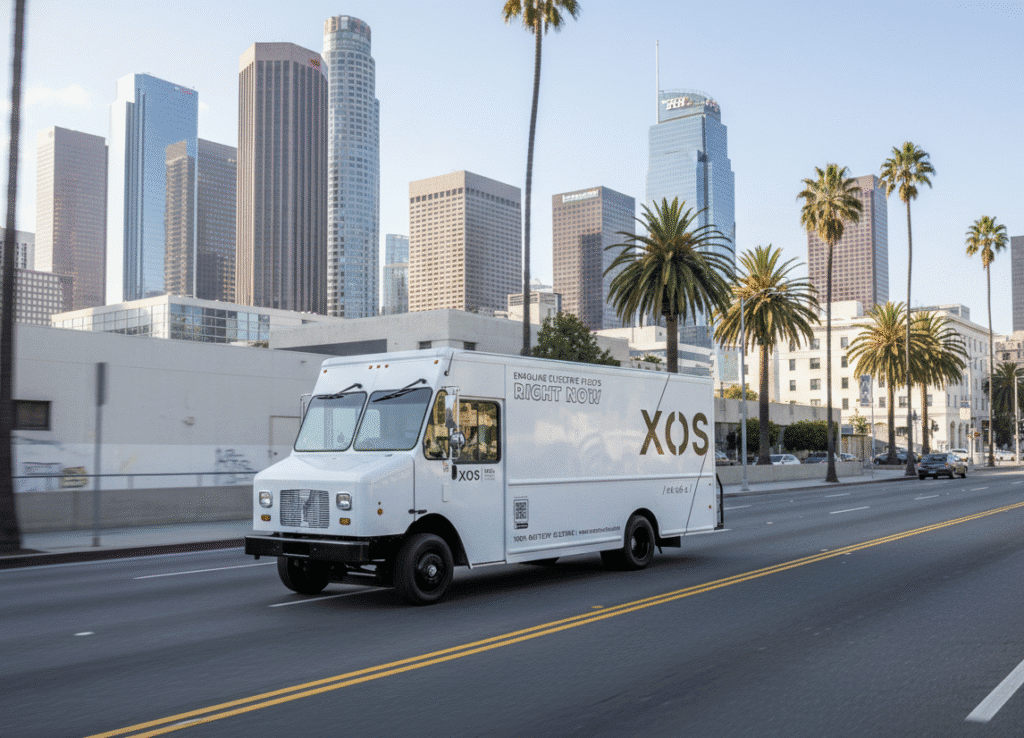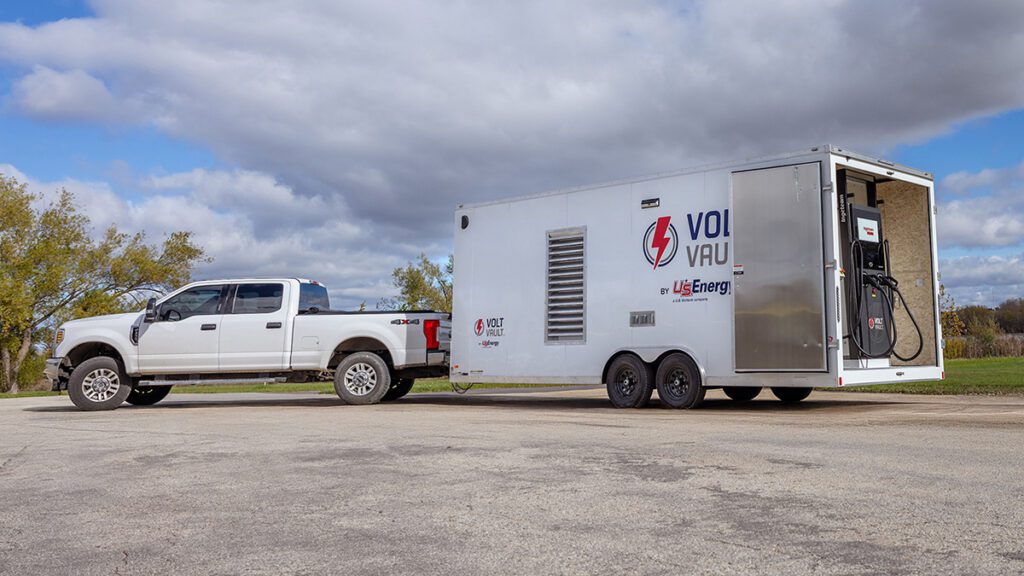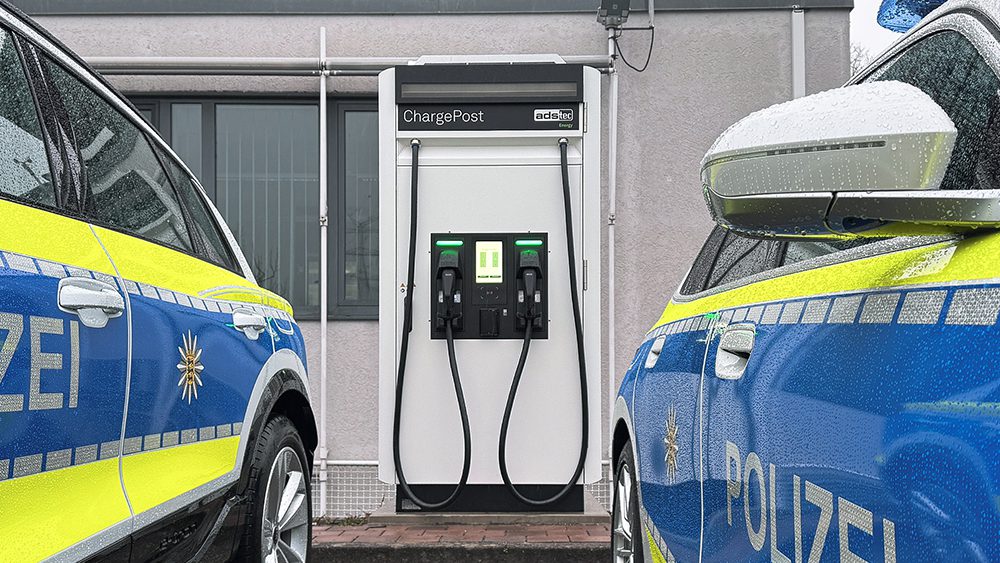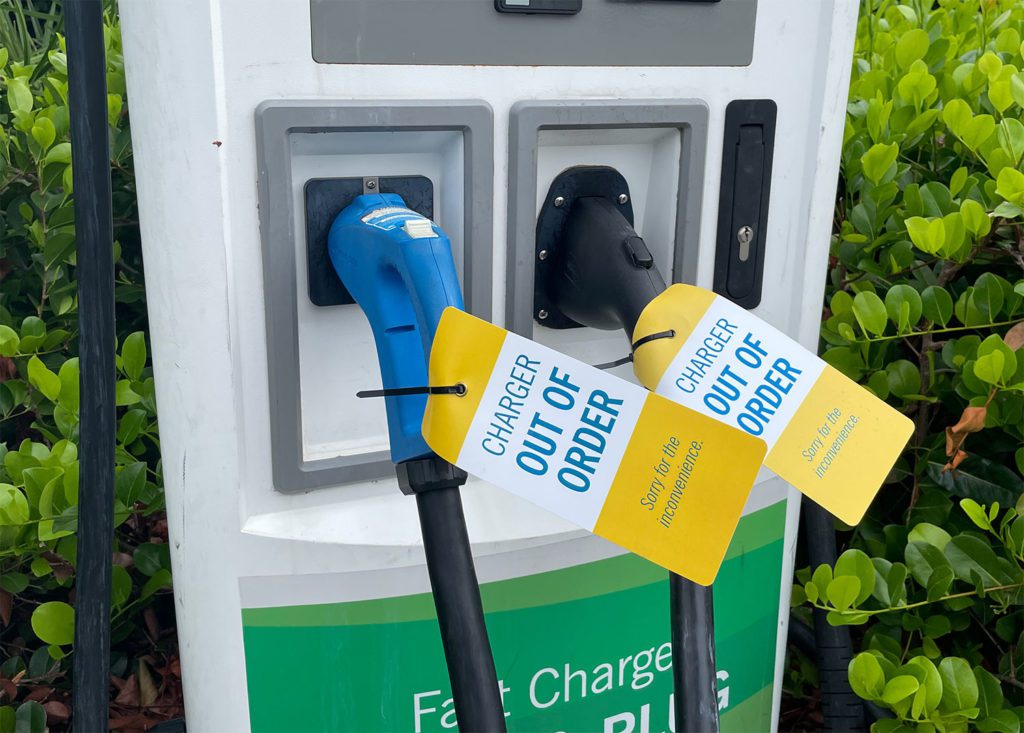How will low oil prices affect the growth in vehicle electrification?
It’s a question we’ve heard a lot since the price of crude began to plummet about six months ago. A few studies have come out recently that find cheap oil has little or no effect on PEV sales. It seems that either buyers don’t expect gas to be cheap forever, or that fuel costs are not the driving force behind plug-in vehicle sales
This month at the 32nd International Battery Seminar, Mark Verbrugge, Director of GM’s Chemical and Materials Systems Laboratory (i.e. battery science), told the crowd that low oil prices will have no effect on the company’s plan to significantly increase electrification across its vehicle lineup – from micro-hybrid start/stop systems to long-range EVs.
Responding to the question-of-the-year during a Q&A session, Verbrugge said, “from an OEM perspective, if you take a longer view, what we’re really driving at is fuel-efficiency targets, and those don’t change.”
During another presentation, Verbrugge noted that it’s not just the US CAFE target of 54.5 MPG by 2025 that’s driving electrification, but a worldwide trend of increased-efficiency and reduced-CO2 regulations. One of his slides highlighted the upcoming individual regulatory requirements of the US, Canada, California, Mexico, the European Union, China, Korea, Japan, India and Australia.
“You’ve got three ways to get there,” Verbrugge continued. “You can electrify your vehicles to some extent, or you can lightweight them, or you can reduce functionality. And [we focus on reducing] the cost of electrification and lightweighting. Reducing functionality is not something you want to do in the market.”
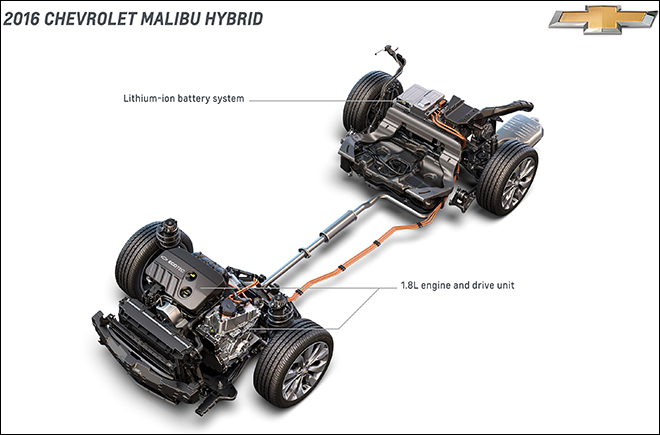
Lightweighting
Speaking more specifically during a discussion about advanced power electronics, Verbrugge noted that, “in terms of metrics for weight, typically, high end, we’ll pay $15/kg for weight reduction. Low end would be around $5/kg.” In other words, the company is willing to pay a premium for parts from suppliers that can match performance and shed some pounds.
Battery costs
Dr. Prabhakar Patil, the CEO of LG Chem Power – which supplies the batteries for the Chevrolet Volt and upcoming Bolt EV – added that the costs of batteries are falling quickly.
“The point I can comment on is that the batteries continue to evolve in terms of cost. I’m somewhat surprised myself at the rate at which the cost has come down. It’s kind of a good feedback system, because as the costs come down there is going to be more demand. I’m really waiting to see the 200-mile EVs priced at around $30,000, because that could potentially be a tipping point.”
For more details about GM’s electrification plans, watch this video of a previous presentation Verbrugge made on the subject. The video is almost two years old, but as he said two weeks ago, “I don’t think you’re going to see a large change [in our plans].”







